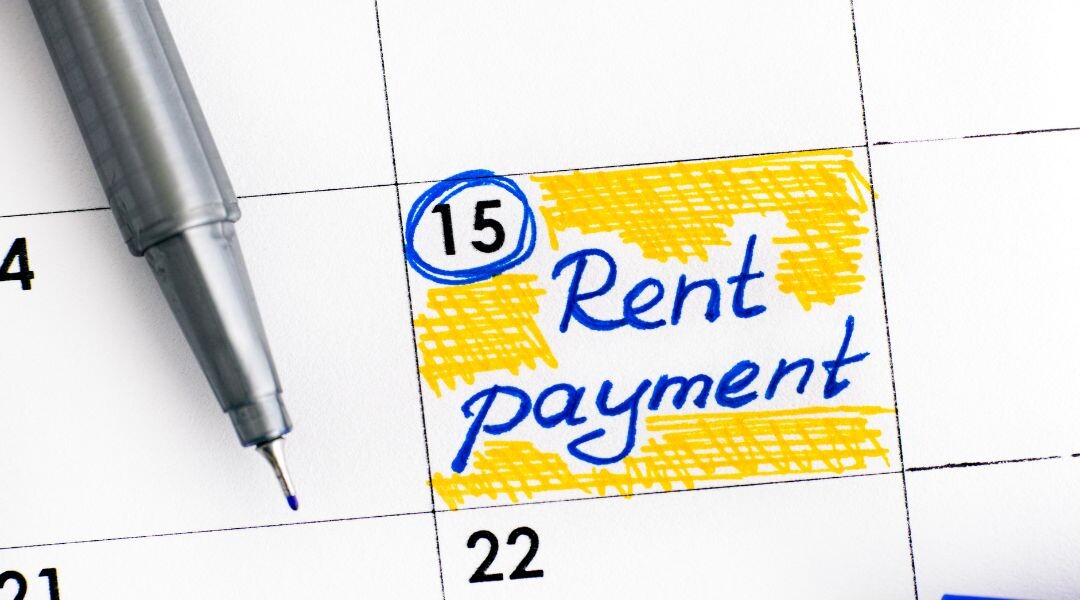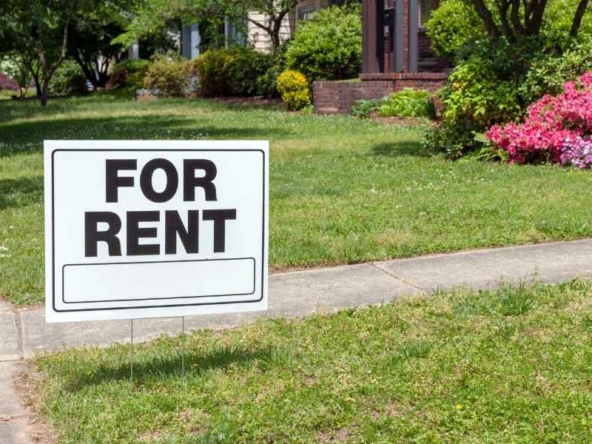As a landlord managing rental properties in Dallas, you may wonder how often to adjust your rental rates. Should it be annually or biennially?
Certain factors contribute to this decision-making process, such as market trends, lease terms, and property improvements, just to name a few. This article aims to clarify by discussing appropriate timescales for raising rents and associated concerns such as tenant retention and local laws.
Assessing Market Rental Rates
How often should you raise rent? This is a question that is frequently asked among property owners. To answer it adequately, it’s essential to understand market rental rates. These are the amounts that comparable renters pay for similar spaces in the same local markets as your properties.
Determining these figures can provide useful insights and guide reasonable pricing decisions. Use reliable sources to assess prevailing rents in an area of interest: online databases, real estate websites, or professional appraisal services can provide working estimates.
Sometimes, even word-of-mouth information from other landlords can be valuable! Knowing what tenants are willing to pay without feeling overly burdened gives weight to whether to adjust current asking prices.
Remember this rule: overpricing discourages potential applicants while undercharging deprives you of potential income! Leveraging rental property managers to find a balance between tenant affordability and profitability greatly helps successful tenancy relationships.
Factors to Consider When Raising Rent
Frequent hikes might unsettle your tenants, and big, sporadic increases can have the same effect, too. Remember, tenant turnover isn’t ideal, as it equates to lost income and increased maintenance costs for property owners like yourself.
One key factor influencing rental escalation is market conditions. Review local listings regularly to stay abreast of prevailing rates in your neighborhood or city. Next comes the inflation rate.
If living costs rise significantly across society, this could justify an equivalent increase on your part, but exercise caution here, considering the financial strain such steps may place on renters. Lastly, consider upgrades made to the unit. New appliances?
Rent could be reasonably adjusted, given these enhancements enhance the overall resident experience. To round off decisions regarding adjustments, aim towards systematic, small increments rather than erratic, hefty ones. Maintain both profitability and occupancy levels optimally!
Consider a modest hike of $10 per week; that’s an extra $520 annually! That surplus can be funneled back into property maintenance or simply improve your financial stability.
If the cost of living in the area has surged, tenants may easily absorb this adjustment, given comparable market rates. Another scenario where higher rents are justified is post-significant renovations, which enhance property value and appeal, a choice reflected in rental fees fetchable for such upgraded spaces.
Legal Issues Around Rent Increases
When can you expect a rent increase if you’re on a month-to-month lease? Without the constraints of long-term contracts, landlords have more freedom; there’s nothing stopping them from raising the rental fee every 30 days unless there are specific rent control laws in place. However, state rules regarding advance notice for rate hikes still apply, typically around 60 days.
In other words, they might raise your monthly payment frequently, but each instance takes effect two months later.
But when is such an action illegal? A landlord is not allowed to increase the cost of living as a form of retaliation for exercising legal rights. This could include reporting health or safety hazards.
If you think this is happening or need assistance understanding local renting laws, consider seeking help from tenant rights specialists. Many offer services at an economical cost, which focuses primarily on housing issues.
Amount and Frequency of Increases
Regular, smaller increases may be easier for tenants to accommodate than sporadic, substantial hikes. Yearly adjustments often align with inflation or cost-of-living changes, making them more predictable and palatable.
Yet too many revision periods can lead to tenant dissatisfaction as they constantly adjust their budgets, so balance is key here. Always notify in advance according to local regulations, which usually stipulate a 30-60 day notice period before implementing any change in rent prices.
How to Communicate the Changes
After you decide on the rate increase, communication becomes key. Begin with a respectful conversation about changes in market rates or property upkeep costs that prompt the adjustment.
Send an official written notice of the rent change to your tenants. Include necessary details such as the new amount and effective date in the document. Be aware that local laws must be followed to notify tenants of a rent change. Generally, the advance notification period is between 30 to 60 days before taking effect, but this could vary depending on state regulations.
Remember, clarity and courtesy are essential tools here. Unclear messages can create unnecessary confusion, so it is important to keep messages clear and simple. Disrespectful messages may alienate tenants, causing them to consider moving out despite affordable rents. It is essential to communicate with tenants professionally, giving them ample time to mentally and financially prepare for any upcoming adjustments.
Keep an Eye on the Local Market Trends
Ask yourself how often the rental market fluctuates in your region; monthly or yearly shifts might be seen. You must keep a vigilant eye on these local trends, as rents can rise and fall like property prices.
Conducting regular research is important to stay informed. It can help you decide when it’s wise to adjust your rates upwards due to demand spikes or other positive factors, such as improvements in neighborhood amenities or transport access points.
These changes may make your units more attractive than those of your competitors. Doing bi-monthly checks on competitors’ prices for similar assets is likely beneficial. Keep an ear open for buzz about upcoming area developments, as they’re potential value-boosters. Property condition assessments also play into rate-setting decisions.
Investing time now saves headaches down the road while maximizing revenue potential! Raising rent requires careful consideration. You must balance your business’s needs with those of the tenants’. At Local Dwelling, we advise a yearly review based on market trends, but not always an increase.
A trusted relationship with tenants is equally important for sustainable profitability in this dynamic real estate landscape.





